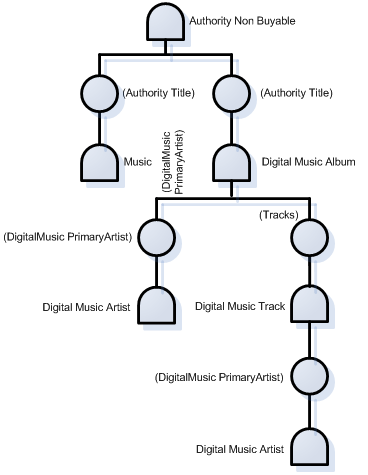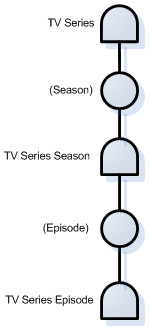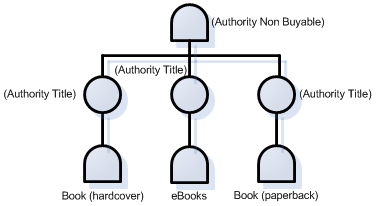Suggesting Similar Items to Buy
Topics
When a customer purchases or searches for an item, they demonstrate an interest. As a developer, you can capitalize on that fact by suggesting to the customer similar items they might also like to buy. Add-on purchases is a powerful means of quickly increasing sales.
Similarity is based on items that customers bought, that is, customers who bought X also bought Y. This algorithm is different from one based on items viewed, for example. Basing the algorithm on purchases rather than viewing assures you that the similar items are more likely to be of interest to the customer.
Product Advertising API provides the following means of returning a list of similar items:
-
Similarities response group
-
CartSimilarities response group
-
SimilarityLookup operation
Typically, the Similarities response group is used to find item
IDs that are similar to the items returned in a response. To return extended information
about those items, you could use the similar item IDs in ItemLookup
requests.
Alternately, if you know the ID of the item for which you want similar items, you can
use the SimilarityLookup operation to return extended information
about each similar item.
Related Items
You can return a list of related items using the RelatedItems response group in an ItemLookup request. When you do, you are required to use, in the same request, the RelationshipType parameter, which specifies the relationship between the related items, as shown in the following section. If you have more than ten related items, you use the RelatedItemsPage parameter to return a set of ten related items. A value of 2, for example, returns the second set of ten related items.
Relationship Types
When an ItemLookup request uses the RelatedItems response group, the RelationshipType parameter is required. This parameter
specifies the means by which items are related to the one specified in the
ItemLookup request (by the ItemId parameter). The following list specifies all of the
valid values for RelationshipType.
| RelationshipType | Description |
|---|---|
| AuthorityTitle | Links a non-buyable ASIN TitleAuthority parent with its buyable children. A book might have a single TitleAuthority ASIN that relates to a list of children ASINs for different formats of the same book ( hardback, paperback, audio book, kindle ). MP3 albums have the same AuthorityTitle parent as its physical CD counterpart. |
| DigitalMusicArranger | Non-buyable child of both MP3 albums and tracks. |
| DigitalMusicComposer | Non-buyable child of both MP3 albums and tracks. |
| DigitalMusicConductor | Non-buyable child of both MP3 albums and tracks. |
| DigitalMusicEnsemble | Non-buyable child of both MP3 albums and tracks. |
| DigitalMusicLyricist | Non-buyable child of both MP3 albums and tracks. |
| DigitalMusicPerformer | Non-buyable child of both MP3 albums and tracks. |
| DigitalMusicPrimaryArtist | Non-buyable child of both MP3 albums and tracks. This is the relation ship that show all MP3 downloads for a single artist on amazon.com. |
| DigitalMusicProducer | Non-buyable child of both MP3 albums and tracks. |
| DigitalMusicRemixer | Non-buyable child of both MP3 albums and tracks. |
| DigitalMusicSongWriter | Non-buyable child of both MP3 albums and tracks. |
| Episode | Relates an Unbox Season ( parent ) to Episodes ( children ) from that season. Note this is the same relationship as Tracks and can be used interchangeably. |
| Season | Relates an Unbox Series ( parent ) to its Seasons ( children ). |
| Tracks | Relates an MP3 Album ( parent ) to its Tracks ( children ). Note this is the same relationship as Episode and can be used interchangeably. |
Hierarchy of Relationship Types
The RelationshipTypes values are hierarchically arranged. The following set of images show the hierarchies for MP3Downloads, UnboxVideo, and KindleStore items.In these images, the circles represent relationship types and the bell shaped figure represent items.
The following illustration shows the MP3Downloads hierarchy.

The following illustration shows the UnboxVideo hierarchy.

The following illustration shows the KindleStore hierarchy.

AuthorityTitle is similar to a variation parent in that it is an organizational tool (a container) rather than a real item that you can purchase. They do not have detail pages.